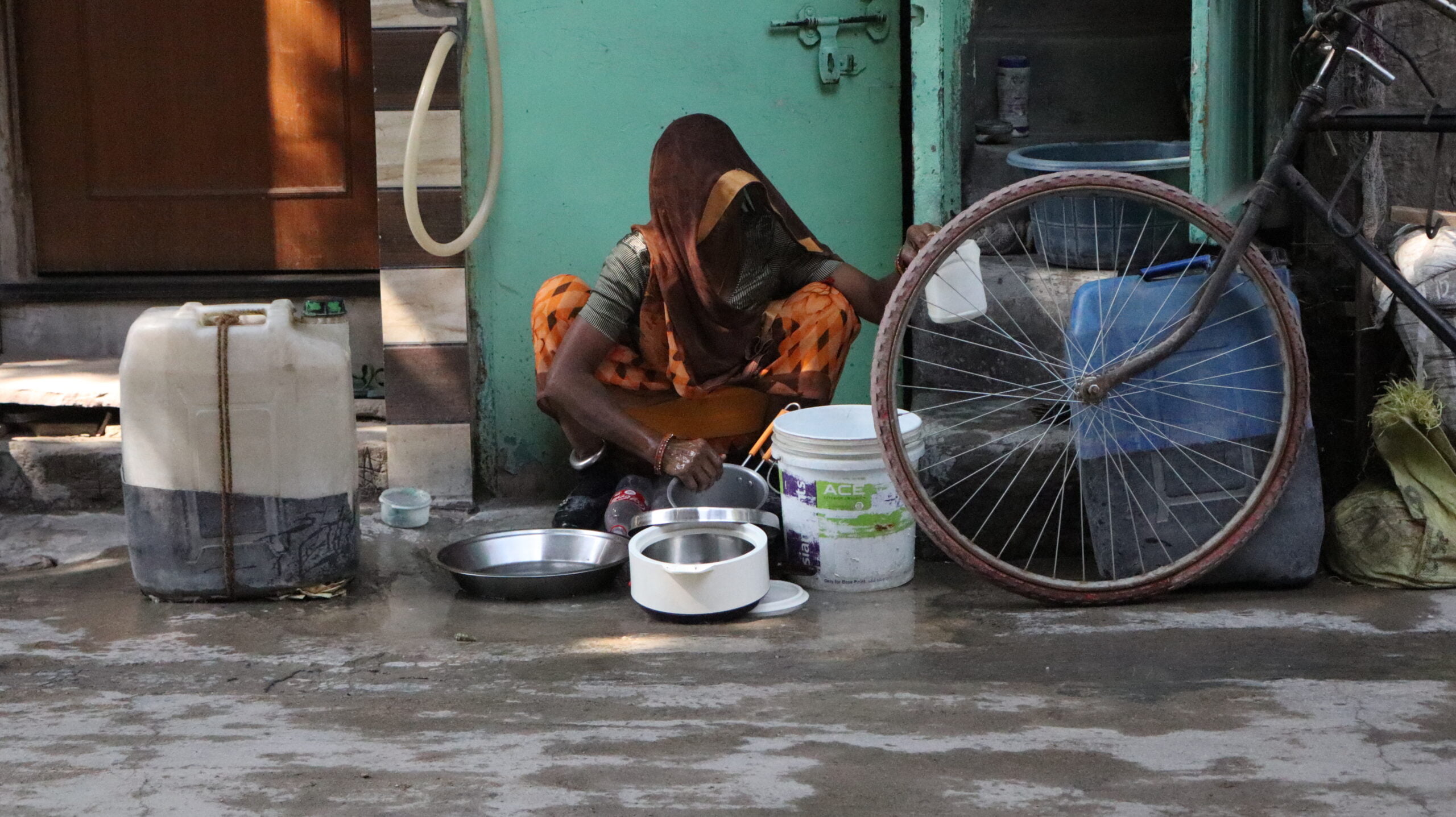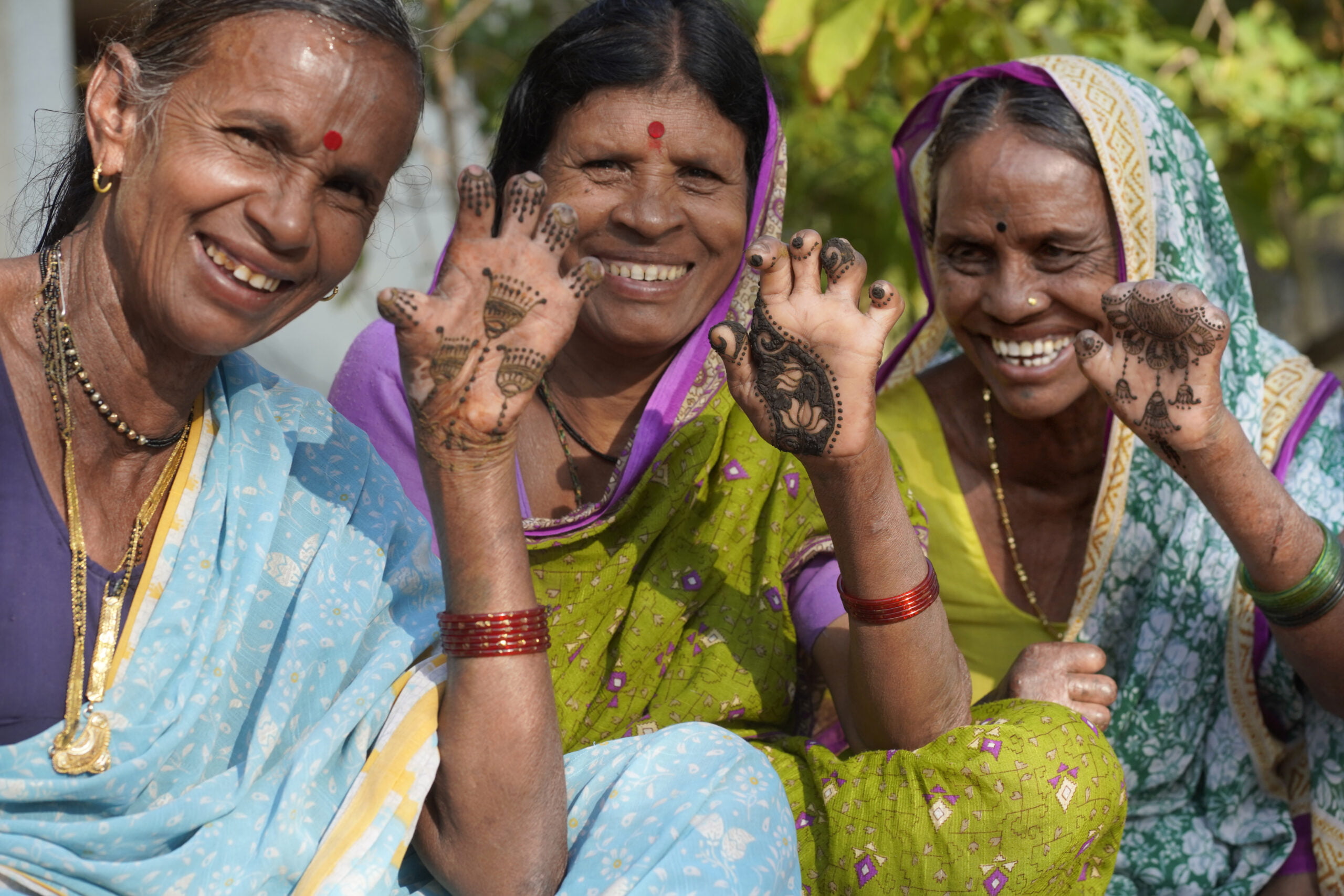Barely a few months after the coronavirus pandemic engulfed the entire world with everything coming to a standstill, in India the authorities arrested dozens of activists amid the nationwide lockdown.
Pandemic political arrests and curbing dissent by the Indian state
The Indian state efficiently used the distraction of the pandemic to book several political activists under the stringent UAPA law, and claiming a threat to national security. Most of these detentions were based on scant to no evidence at all.

Be it students and activists like, Asif Tanha, Sharjeel Imam or Shafoora Zargar who took part in the anti-CAA-NRC protests or those like Umar Khalid, Natasha Narwal and Devangana Kalita who protested the police inaction in the Delhi riots, several were rounded up and put behind bars, with no legal process whatsoever. Those already behind bars met with harrowing times too, as court dates were postponed, hearings suspended.

Also read: COVID-19, Political Prisoners, and the Overcrowding of Prisons
Father Stan Swamy
Jesuit priest and tribal rights activist Stan Swamy passed away this month in Mumbai after having contracted Covid-19 in Taloja jail. He was arrested last year in connection with the Elgaar Parishad case. Swamy was denied medical care for over ten days before he was moved to the hospital. The 84-year-old’s bail plea was also denied, despite his failing health. Earlier he even had to fight the authorities to get a sipper and straw to drink water, as he was suffering from Parkison’s disease.

Natasha Narwal and Devangana Kalita
Student activists and Pinjra Tod members Natasha Narwal and Devangana Kalita were arrested under the UAPA law by the Delhi police. The authorities held the duo accusing them of inciting violence in the 2020 Delhi riots. Natasha was briefly granted interim bail after her father passed away due to Covid-19. The Delhi HC while granting bail to the duo last month quashed the allegation leveled by the Delhi Police and called their arrest an attempt to ‘suppress dissent’.

Also read: India’s Covid-19 crisis behind bars
Asif Iqbal Tanha
Asif Iqbal Tanha a student of Jamia Milia Islamia, was arrested in May 2020 and accused of ‘sedition’ in connection with the peaceful protests against the CAA-NRC. He was finally granted bail in June 2021, after more than a year. Talking about his time in Tihar jail, Asif said that there were tremendous human rights violations and the pandemic only made things worse. The jails were overcrowded, and when inmates would fall sick they were not allowed to visit doctors.

Umar Khalid
Former JNU scholar and civil rights activist Umar Khalid was also arrested during the pandemic last year, under the UAPA law. The authorities accused him of making ‘hate speeches and disseminating propaganda’ to destabilize the visit of US President Donald Trump. However, the real perpetrators of the Delhi riots, the police and the leaders still run free. Umar tested positive for Covid-19 in April 2021 and was isolated within the jail premises. As soon as he tested negative, he was again sent back to his cell.

Also read: State using Covid-19 lockdown laws in India to arrest activists
Siddique Kappan
A journalist from Kerala Siddique Kappan was arrested on his way to report on the brutal gang rape of a Dalit woman in Hathras, UP. Kappan was booked for sedition under the UAPA. When he tested positive for Covid-19 during the second wave, his health deteriorated rapidly. Kappan collapsed after suffering from fever and sustained injuries in prison. Even when he was taken to the hospital he was tied to a bed and not allowed to use the toilet. There was no intimation to his family or lawyer about his condition. The court however has refused his bail plea.

…and so many others
Gautam Navlakha, Anand Teltumbde, Sudha Bharadwaj, Varavara Rao, Sharjeel Imam, Meeran Haider and Safoora Zargar. These are a few amongst a number of student leaders and human rights activists who have been imprisoned by the BJP government under the pretext of ‘threat to national security. As the new delta variant makes its way across the country, hundreds of political prisoners remain locked up without bare minimum facilities and devoid of rights and proper legal procedure. While the guilty roam free and are awarded.

About the author(s)
Shriya is a former student of literature and a multimedia journalist with an interest in sports and human rights. She can be found watching Shah Rukh Khan movies or listening to Ali Sethi and 90s Bollywood songs. She enjoys a good cup of black coffee multiple times a day and is often compared to 'Casper, the friendly ghost'.




